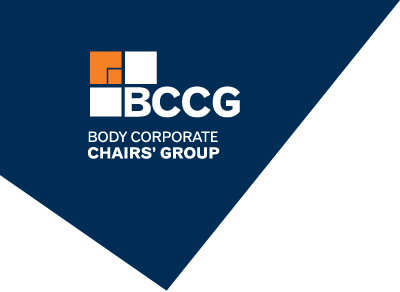High Court Ruling could affect recouping of maintenance costs
BCCG has been advised by Rainey Law, one of our Associate members, of a recent High Court decision that has implications for BCs recouping costs from owners for maintenance and repair, in particular, whether Section 138(4) or Section 126 of the Unit Title Act applies. Their email has been reproduced below with their permission.
News item from Rainey Law
This afternoon [30 May 2018] the High Court made an important ruling on the operation of the Unit Titles Act.
Under the Act, where a body corporate does repairs, maintenance or other work that it is empowered or obligated to do it may decide to recoup the cost of doing so from owners. There is little controversy where an owner is at fault, the cost is plainly able to be recouped in full under section 127.
There has however been controversy over how a body corporate is to recoup money from owners, where work is done predominantly to unit property. On one hand section 126 is said to apply to this situation where one or more units substantially benefit from the repairs. On the other hand section 138(4) provides that where the body corporate does work within a unit it may recoup the cost of that work from the owner.
Sections 126 and 138(4) had the potential to give very different results as was demonstrated in Body Corporate 199380 (Sebel) v Cook. There the waterproofing to a building element that was a deck to 4 units on the first floor and a roof to a unit on the ground floor had failed and required remediation. Body corporate did the work and then attempted to recoup the cost in equal shares of $27,000 each from the four first floor unit owners. Two of the owners, of units 108 and 109, disputed this and were willing to pay their utility interest share as amongst the 5 units concerned (which was $8,000 and $10,000 apiece).
The body corporate did not accept this and first attempted to recover the full amount in the Tenancy Tribunal and then, having failed there, on appeal to the District Court. By the time of the further High Court appeal two facts had been established:
- All of the work on the building element took place within the unit boundaries of the first floor units;
- The first-floor units and the ground floor unit all derived a substantial benefit from the repairs.
The body corporate argued that it was entitled to select between sections 126 and 138(4). The outcome being that, for example for unit 108, under the former the owner would have to pay $8,000 and under the latter $27,000. The ground floor unit, while it received the substantial benefit of the work, would pay nothing.
Ruling of the High Court
In Body Corporate 199380 (Sebel) v Cook, the High Court found in the circumstances of the case the correct allocation was under section 126 to all the 5 units that received the substantial benefit.
It must be stressed that that Court has come up with guiding principles to the application of the sections rather than a one size fits all approach. The judge was at pains to point out that the Act ought to be read to give bodies corporate flexibility. That being said it is also clear that a body corporate does not have a free choice between the sections:
- The body corporate should however consider in all the circumstances whether it is appropriate to use 126 or 138(4)
- The decision will be dependent on factual issues and where there is a substantial benefit to some owners and not others that will usually be the appropriate allocation
- Ultimate the goal should be to achieve fairness as between all the owners.
These will often require close consideration of the facts and circumstances of a particular building and it is advisable to consider obtaining legal advice.


















